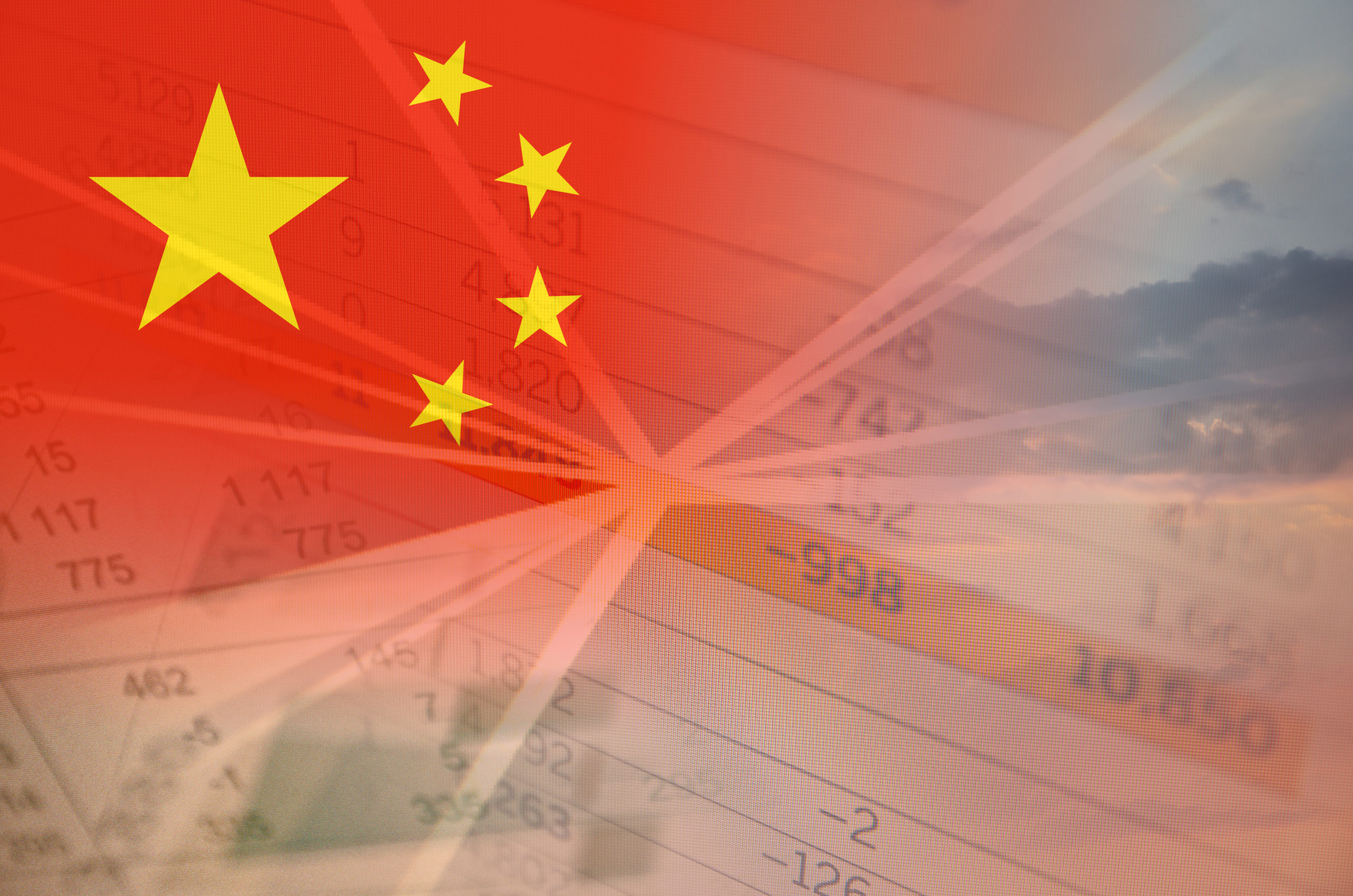China abandons GDP growth target
Rather than a specific GDP growth target, the government's economic goals amid the pandemic are simply to ensure that ordinary people do not suffer, that China’s poverty alleviation targets remain on track, and that the economy remains fundamentally sound.

The National People’s Congress (NPC) began its annual meeting today, with Premier Lǐ Kèqiáng 李克强 giving a government work report (in English, Chinese) to more than 3,000 delegates in face masks at the opening event on Friday morning. This is the main event of the Two Sessions, after yesterday’s curtain-raiser. See our story yesterday for why the curtain-raiser was much more newsworthy than usual, or see coverage of the Hong Kong national security law in story 2 below.
The big news: The central government has dropped its annual GDP growth target, which has been the magic number driving Chinese economic planning and the goals set for local leaders since the early 1990s. Li explained:
I would like to point out that we have not set a specific target for economic growth this year. This is because our country will face some factors that are difficult to predict in its development due to the great uncertainty regarding the COVID-19 pandemic and the world economic and trade environment. Not setting a specific target for economic growth will enable all of us to concentrate on ensuring stability on the six fronts and security in the six areas.
“Stability on the six fronts and security in the six areas” may sound sinister, but it is a reference to what has previously been translated as:
- The six stabilizations (六稳 liù wěn), which are stabilizing employment, finances, foreign trade, foreign investment, domestic investment, and the people’s expectations.
- The six guarantees (六保 liù bǎo), which are that the state should ensure the people’s employment, basic livelihood, market order, food and energy security, stability of supply chains, and operation of basic/local government functions.
In other words, ensuring that ordinary people do not suffer, that China’s poverty alleviation targets remain on track, and that the economy remains fundamentally sound are the government’s priorities for the next year.
But stability, which means all kinds of things in China, is the main message. Moderately prosperous society (小康社会 xiǎokāng shèhuì), the Party’s term for a state where nobody lives in poverty and everyone enjoys rising living standards, is mentioned six times in Li’s work report, poverty alleviation (脱贫 tuō pín) shows up 17 times, while the character for stability (稳 wěn) appears 41 times.
Plans to recover from COVID-19 and dealing with future pandemics are also highlighted in Li’s work report. These plans are closely connected to the government’s thinking on the economy.
What’s the takeaway?
Li’s work report seeks to reassure Party members and the Chinese people that everything is going to be okay. But it also reveals how much the Party is worried about the aftermath of COVID-19, the economy, and the increasingly hostile and uncertain international environment.
The absence of a GDP target gives the government more flexibility in policy making, and in deciding on goals for local officials. It also makes it easier to disguise failures and hype up successes if there are no numerical targets that can be tracked.
Preparing people and Party members for tougher times ahead seems to be another key aim of the report. That message is reinforced by other government messaging:
- Xinhua News Agency’s Chinese-language home page features a pair of phrases at the top that read, roughly, “No matter the hardships, we will courageously forge ahead” (风雨无阻奋勇向前 fēngyǔwúzǔ fènyǒng xiàngqián).
- The website of Party house newspaper the People’s Daily’s home page has a similar banner, but it reads, roughly, “Fight a decisive battle, win a decisive victory” (决战决胜 juézhàn juéshèng).
Further reading:
- China, faced with challenges, mounts show of strength at congress session / NYT (porous paywall)
- China publishes plan for dealing with future pandemics / Sixth Tone
- China’s “Two Sessions” to secure nation’s “Xiaokang” victory / Xinhua News Agency
- Why does China not set specific economic growth target? / Xinhua News Agency
- China abandons numerical GDP growth target for 2020 / Bloomberg (porous paywall)






